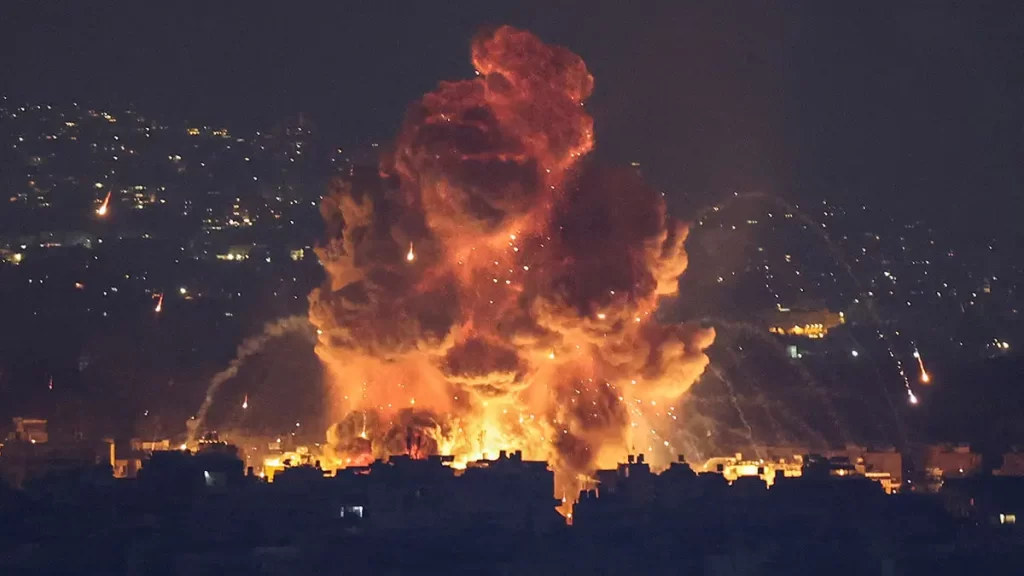Israel launched a surprise military airstrike on Iran’s capital, Tehran, early Friday morning, targeting key military and intelligence facilities. The Israeli government declared a national emergency shortly after the operation, marking a dramatic escalation in the ongoing conflict between the two arch-rivals.
According to Israeli defense officials, the strike was a “preemptive operation” aimed at neutralizing imminent threats posed by Iran’s Islamic Revolutionary Guard Corps (IRGC). “This action was necessary to ensure the safety and security of the Israeli people,” said an official from the Israeli Ministry of Defense. Prime Minister Benjamin Netanyahu convened an emergency meeting of the security cabinet following the attack and announced heightened alert measures across the country.
Residents of Tehran reported hearing several loud explosions before dawn. Iranian state media confirmed multiple casualties and damage to infrastructure, though details remain limited. In a statement, Iran’s government condemned the strike as an “act of war” and vowed swift retaliation. “This aggression will not go unanswered,” warned Iranian Foreign Minister Hossein Amir-Abdollahian.
The airstrike comes after weeks of rising tensions between the two nations, fueled by cyberattacks, proxy conflicts in Syria and Lebanon, and accusations of nuclear weapons development. Experts believe the attack could lead to an expanded regional conflict if diplomatic channels are not immediately re-engaged.
The United Nations Security Council has scheduled an emergency session to address the crisis. Meanwhile, major world powers including the United States, China, and Russia have called for restraint. U.S. Secretary of State Antony Blinken urged both nations to “step back from the brink of war” and emphasized the need for urgent diplomatic engagement.
In response to the strike, Israel has mobilized thousands of reserve troops and activated its Iron Dome missile defense system in anticipation of a potential counterattack. Schools, public transport, and non-essential services have been suspended in major Israeli cities, and shelters have been opened.
Oil prices surged following the news, with Brent crude rising more than 5% due to fears of supply disruptions in the region. Global markets reacted cautiously as investors watched for signs of further escalation.
Iran’s Supreme Leader Ayatollah Ali Khamenei addressed the nation, declaring the attack “a grave mistake” and asserting that Iran will “punish the Zionist regime severely.” Observers fear Iran may use regional proxy groups like Hezbollah and militias in Iraq and Syria to carry out retaliatory actions, potentially expanding the scope of conflict beyond Israel and Iran.
The international community continues to monitor the situation closely as the risk of a broader Middle East war looms. Peace efforts and back-channel diplomacy are expected to intensify in the coming days in an attempt to prevent further violence.



